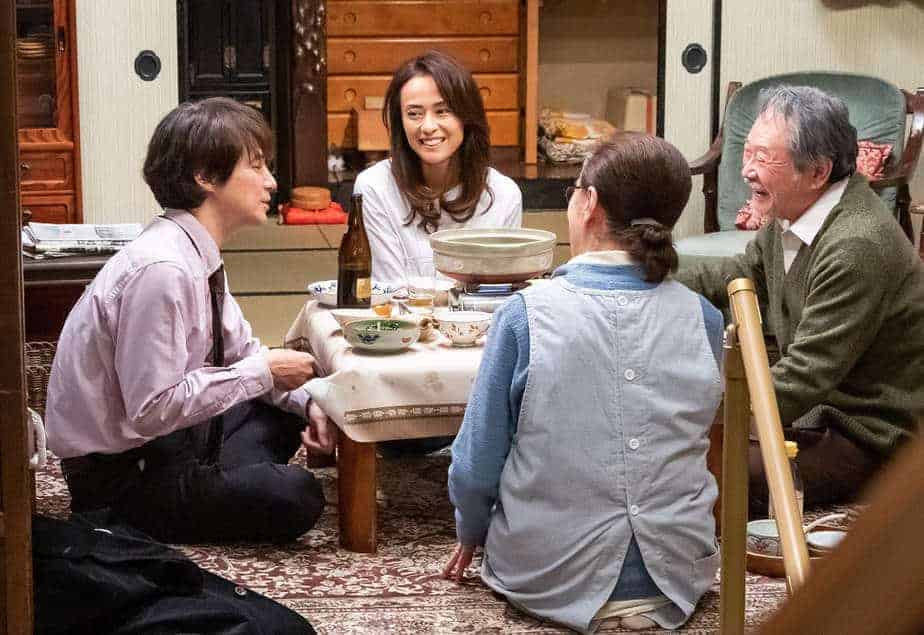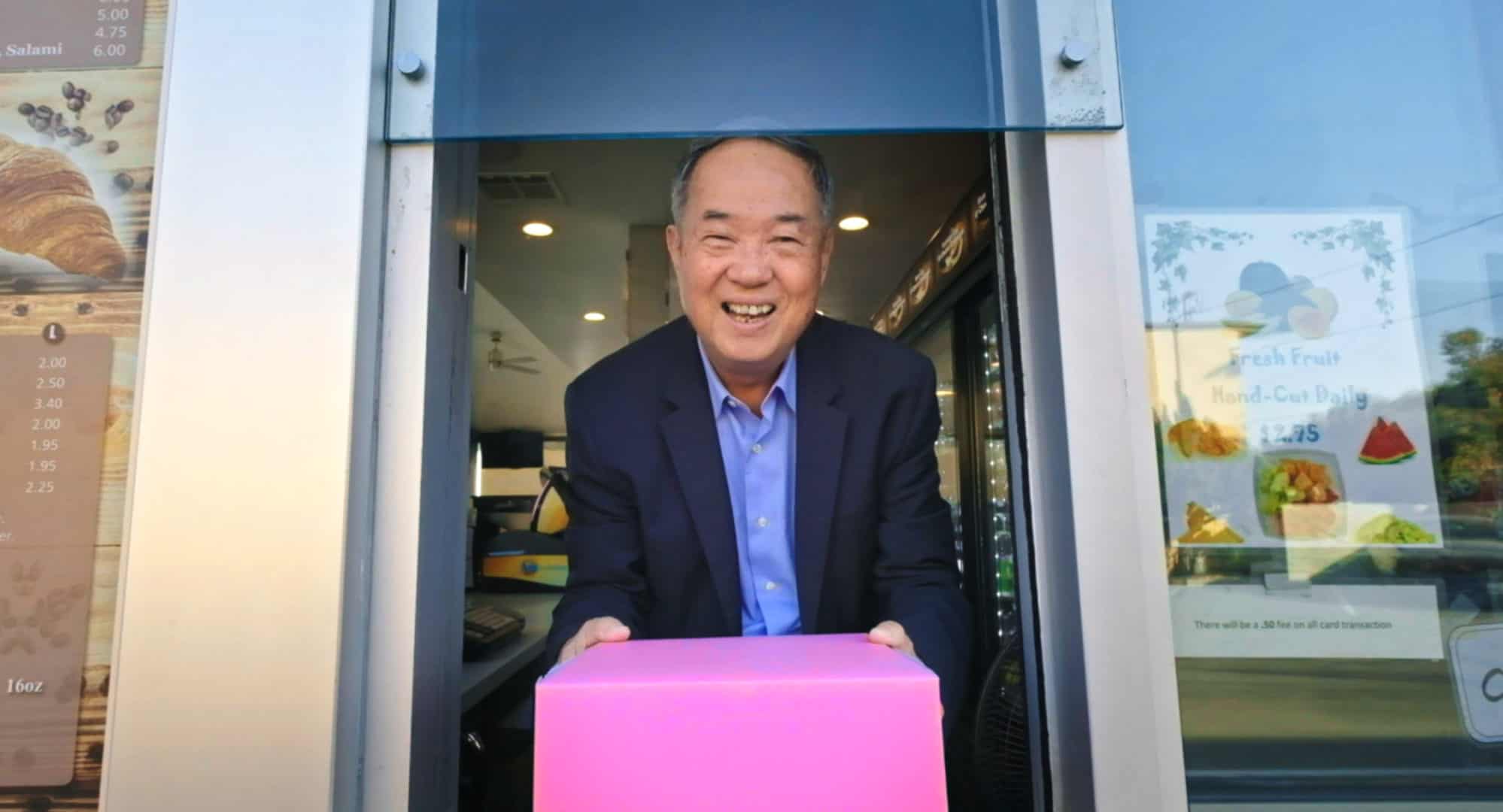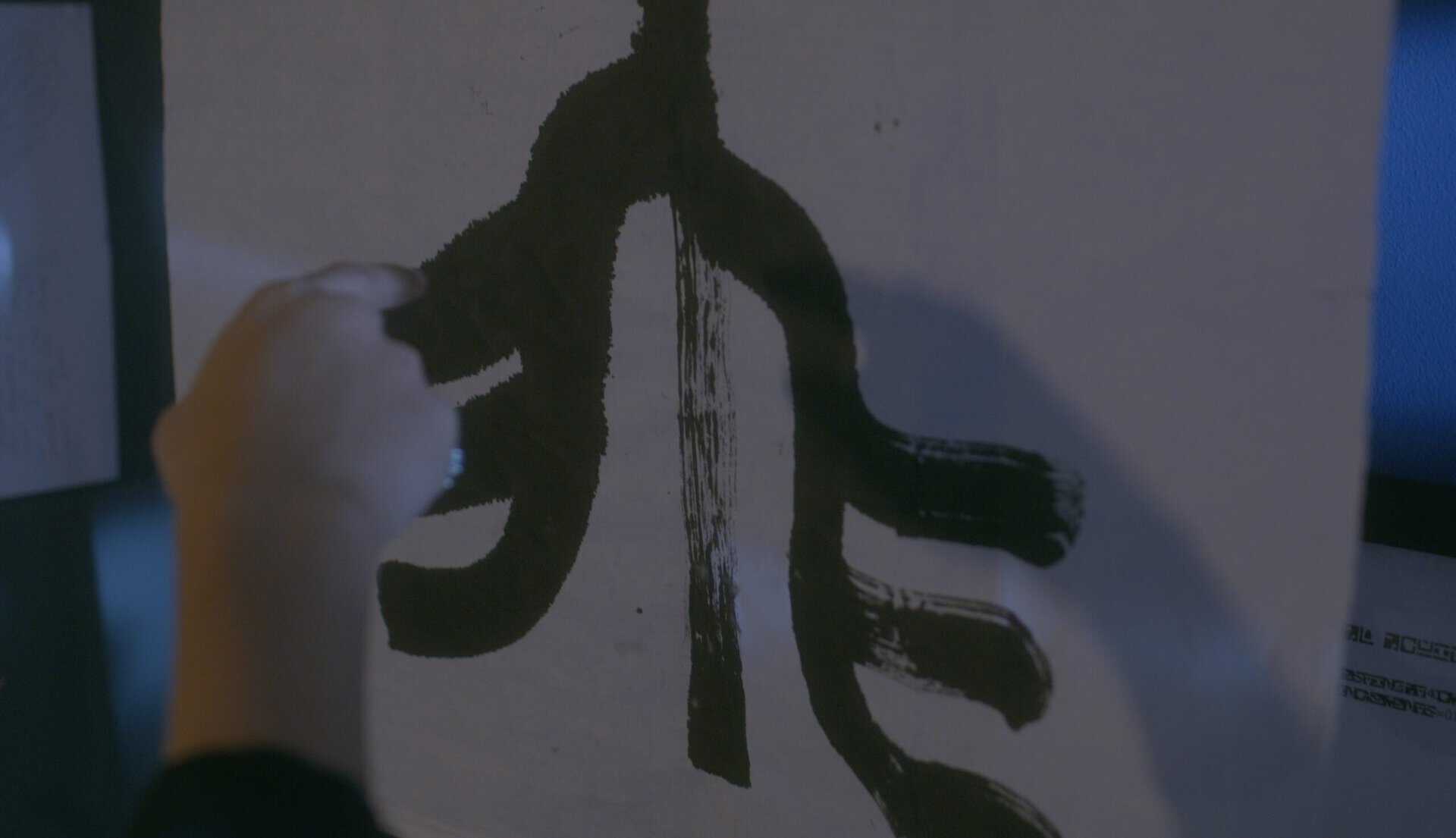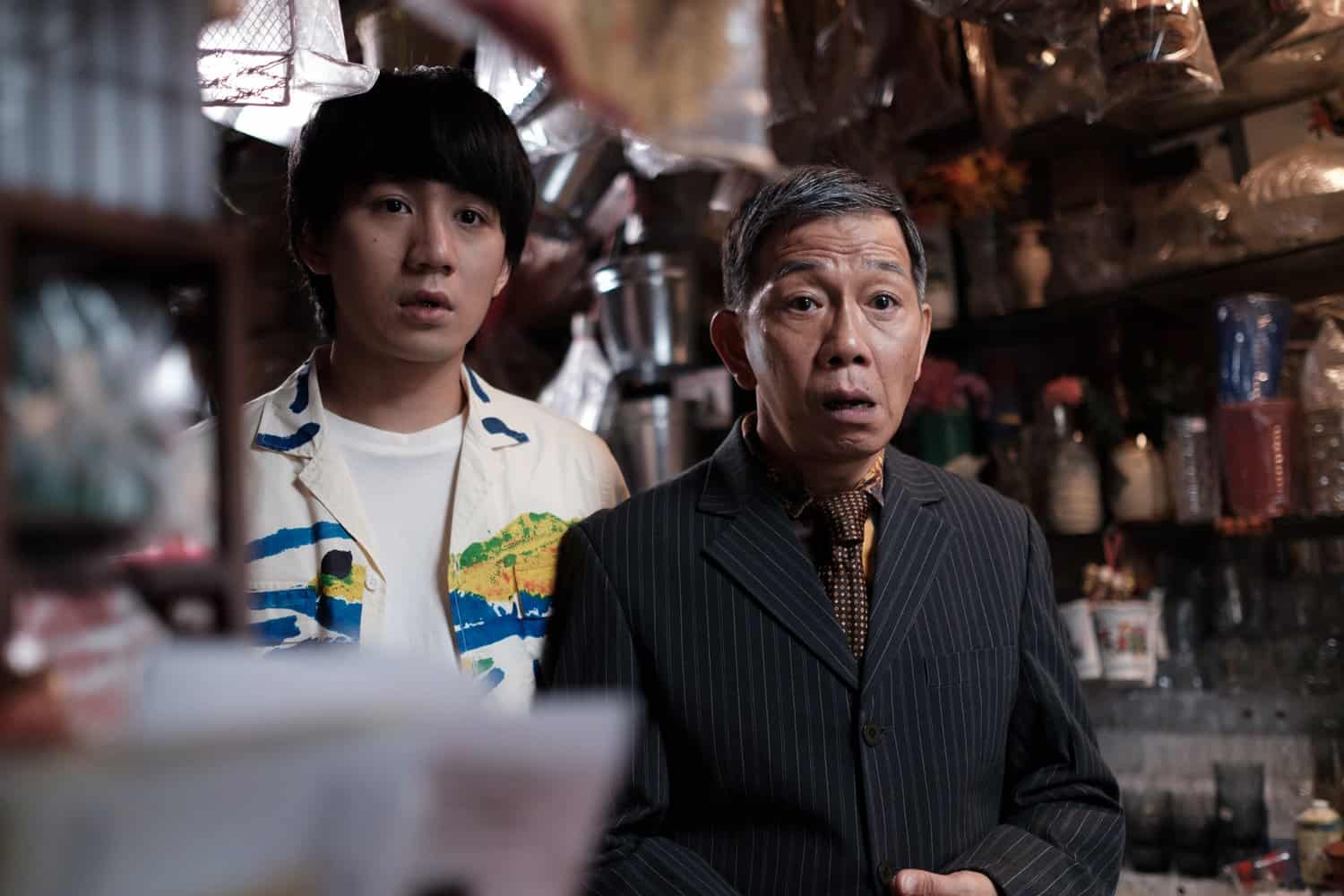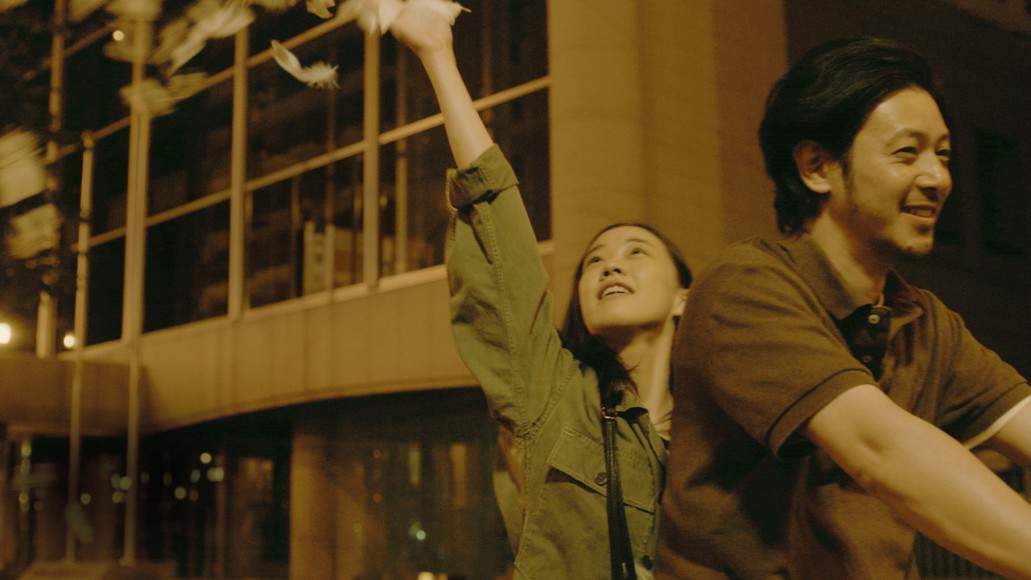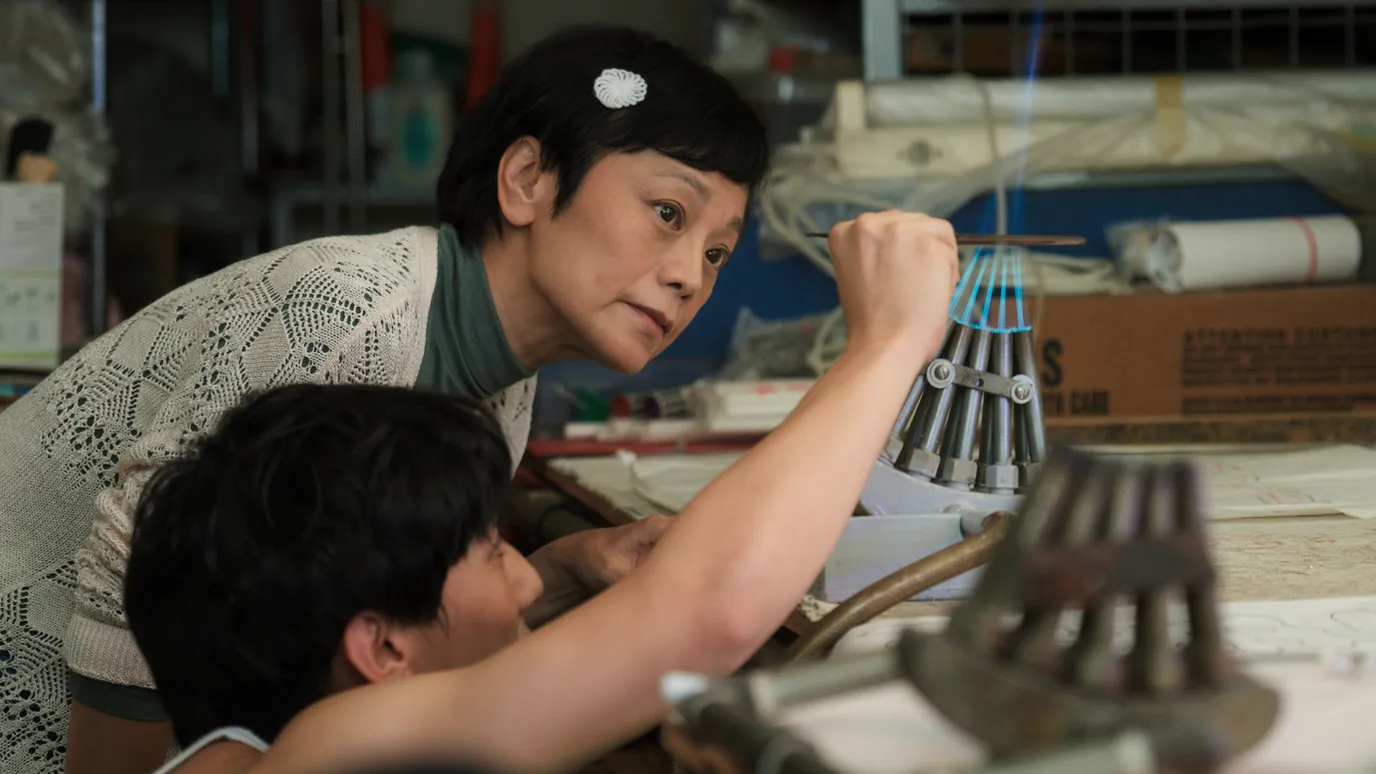When legendary actor Kiyoshi Atsumi lost his battle with lung cancer in 1996, it effectively brought an abrupt, if not immature, end to the long-running Tora-san series, which had spanned 27 years and 48 films up to that point. So synonymous was the actor with the character that the former's death was also considered the death of the latter, not just by the fans but also by Yoji Yamada, the director who had helmed 46 of the 48 entries and also wrote (or co-wrote) every single Tora-san story until then. Yamada did pay heartfelt tribute to the character, and Japanese cinema in general, in his 1996 release “Niji O Tsukamu Otoko”, which is considered the 49th entry in series, while still alluding that everyone's beloved travelling salesman is still out there somewhere. In 2019, to celebrate the 50th anniversary of the character, the 88-years-old director returns once again to the story of Tora-san and the many supporting characters the series has had over the years for an end-result that is a beautiful and deserving celebration of the much-adored character.
“Tora-san, Wish You Were Here” is screening at Japan Cuts

Uncle Tora's nephew Mitsuo Suwa, who we last saw as a college boy in the final 1995 story “Tora-san to the Rescue”, is the centre of this tale. 22 years on, he is now a successful novelist and the father to obedient and doting teenage daughter Yuri. But he is also a widower, his wife having passed away six years ago. At her memorial, his mother Sakura, father Hiroshi, Yuri and father-in-law all express their desire for Mitsuo to remarry, but Mitsuo is resolute in his refusal, for Yuri's sake. But that resolve gets shaken when he runs into old flame Izumi, herself now a married United Nations employee settled in Europe, a meeting which stirs up stifled feelings and memories of Uncle Tora, who always used to be at hand for a young Mitsuo whenever he needed life and love advice.
At base level, this entry in the series may take the stories of the existing supporting characters further in the absence of Torajiro Kuruma (his death is never alluded to), but the spirit of everybody's favourite pork-pie hat wearing, happy-go-lucky travelling salesman is still present and affecting vastly, with Yamada reviving him using footage from past films in flashback scenes. The nostalgia of revisiting this well acquainted-with world is extremely strong throughout the narrative, not just in the many returning characters we know and love, but also in the setting of the story. The house of Sakura and Hiroshi, which was the setting for a lot of the action in each story, particularly towards their ends, is also used extensively here, along with the eatery in the front now being a full-fledged restaurant. The chabudai table in the house, which plays as much a part in the Tora-san series as the dinner table in Monica and Rachel's apartment did in the American sitcom “F.R.I.E.N.D.S.”, also features prominently. Among the huge roster of recurring characters, the way the narrative manages to include Lily, one of Torajiro's past flames, and the story she has to tell, is a personal highlight.
This entry could've easily sufficed by just being fan service and a nostalgic journey, but Yamada and co-writer Yuzo Asahara include an engaging, if not overtly original, story in the script which carries the essence of previous Tora-san tales while not staying stuck to the familiar arc that most of them followed. The modern-day setting works massively in the narrative's favour, juxtaposing the traditional with the urban. This also give opportunity for mild commentary on the displacement of the family structure in today's times, as compared to not just when the series was in its full swing in the 60s and 70s, but even just a couple decades ago near its end. Fitting perfectly within these plot points and commentary, we get to see Tora-san return in flashback scenes to guide Mitsuo and remind us of his joyful ways, his infectious smile, his playful incidences with the ladies and the conundrums that arose because of those, reminding of all the many reasons a generation of audience fell in love with the character and making for an extremely pleasurable watch. In this manner, this entry not only provides fan service to the many fans of the series, but also works as an excellent entry point for new viewers, which is ironic considering its status as the 50th and possibly last Tora-san story.
With most of the characters being returning ones, the actors that played them in previous stories also return. All of Cheiko Baisho as Tora-san's half-sister Sakura, Gin Maeda as her husband Hiroshi, Hidetaka Yoshioka as Mitsuo, Kumiko Goto as Izumi and Ruriko Asaoka as Lily return and, instead of just thriving on the nostalgia, actually give commendable performances. While advancing their own stories, they also have some tales to tell about Tora-san, the most impactful of which ends up being Lily's of how she almost ended up being the one to settle down with the unlucky-in-love Torajiro. But of course, the main star here is, once again, Kiyoshi Atsumi who returns via old footage for some choice reminders of his wonderful performances, from the time he almost messed up Sakura's and Hiroshi's romance yet resulted in their marriage, the time he volunteered to go to Mitsuo's sports day or the time he got annoyed with his family for not cutting him a slice of melon, among several others.
This footage has all been sourced from 4k restorations of the existing films and, edited seamlessly with the new footage, makes for a wonderful mix of the past and present and goes far to show how much the series evolved over the years in terms of its look, even if the content, for the most part, remained the same. Seeing the same set of the Suwa household in both its vintage and modern avatars is a strong reminder that even if the people occupying it have gotten older or moved on, the house is still very much a home for all of them, including Tora-san.
By itself, “Tora-san: Wish You Were Here”, also known as “Tora-san, Welcome Back” is an above average fare, at best. But this is one of those rare cases where one just can't take the project at its face value, because this is a culmination of a historic series, one that holds the Guinness World Record for the longest film series in history. It is a celebration of 50 stories and 50 years of a character that was loved by an entire generation not just in Japan and China (where the series was also vastly popular), but the world over. It is a tribute to a character that many grew up with, met at least twice a year for a number of years. It is also just as much tribute to an actor who brought so much life into the character for so many years and still managed to keep both the character and his performances fresh. It is a “hello” and possibly a “goodbye” of sorts from an ageing director to the character he helped create and develop to legendary status, which by his own admission, will be his greatest legacy. Is this the closure the character and series need? I guess only time and Yoji Yamada can tell. Is this, though, the closure that the character and the series deserve? Most certainly, yes. Tora-san, welcome back and we truly wish you were here!


